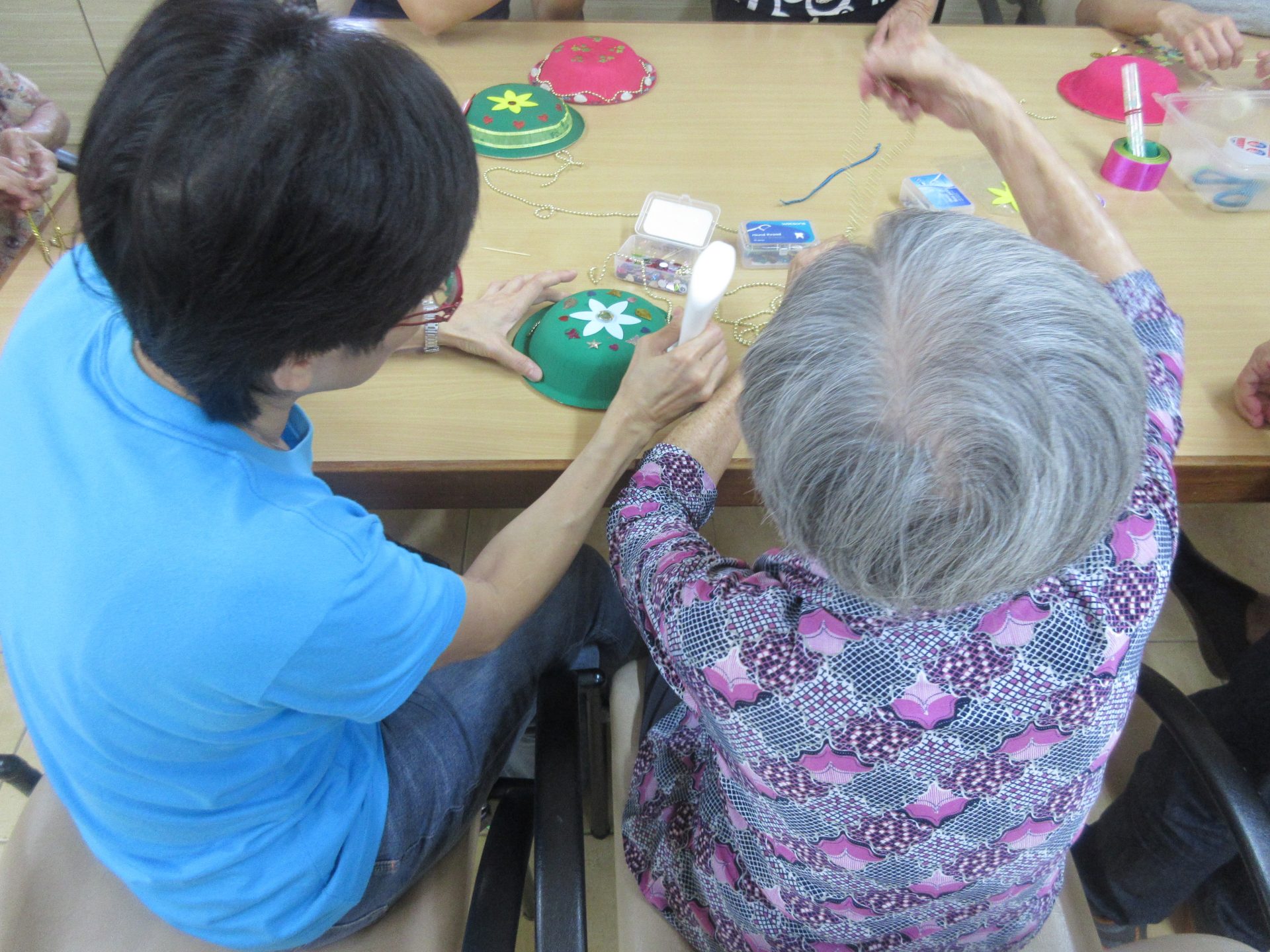People with dementia exhibit challenging behaviours because the disease has caused changes within the brain. This leads them to have difficulties expressing their needs to you. The following are some suggestions to help you manage these challenging behaviours. Learn to understand their underlying needs, ensure the person’s safety and provide them with as much dignity and independence as possible.
1. Do not expect the person to remember
Because of the disease, people are not able to remember many things, you will frustrate the person by asking, “Don’t you remember?”
2. When the person becomes agitated
When the person becomes agitated or displays a challenging behaviour, try to distract him with another activity. For example, when he wanders around the house seemingly lost, ask him to take a cup of tea with you.
3. Be flexible
Ask yourself “Is the behaviour hurting anyone or the person himself?” and if the answer is “No”, you may wish to allow the behaviour to continue.
4. Simplify activities and communication
Break an activity down into simple, step by step tasks. The person with dementia will be able to focus on one step at a time and complete the activity.
5. Create routines
A consistent plan for each day including what time to get up, take meals and do activities helps decrease anxiety and promote a sense of comfort for the person with dementia.
6. Offer reassurance and praise
This will increase the person’s self-esteem and reinforce the behaviour.
7. Do not argue with the person with dementia
His reality is not your reality.
8. Identify and remove triggers to behaviour
For example, if the person wants to go out of the house each time he sees shoes by the door, remove the shoes.
9. When the person demonstrates a new challenging behaviour
Try to establish if he has any underlying needs that he could not express. For example, he could be too hot or too tired, or he could need a drink or use the toilet. If he seems uncomfortable, it could also be related to a medical problem.
10. Daily exercise
Make sure the person has opportunities to exercise every day.
11. Maintain social activities
Social activities ensure that the person with dementia remains in contact with other people and offers a sense of well-being.
12. Ensure that the environment is safe and secure
13. Simplify and create a calm, quiet environment



